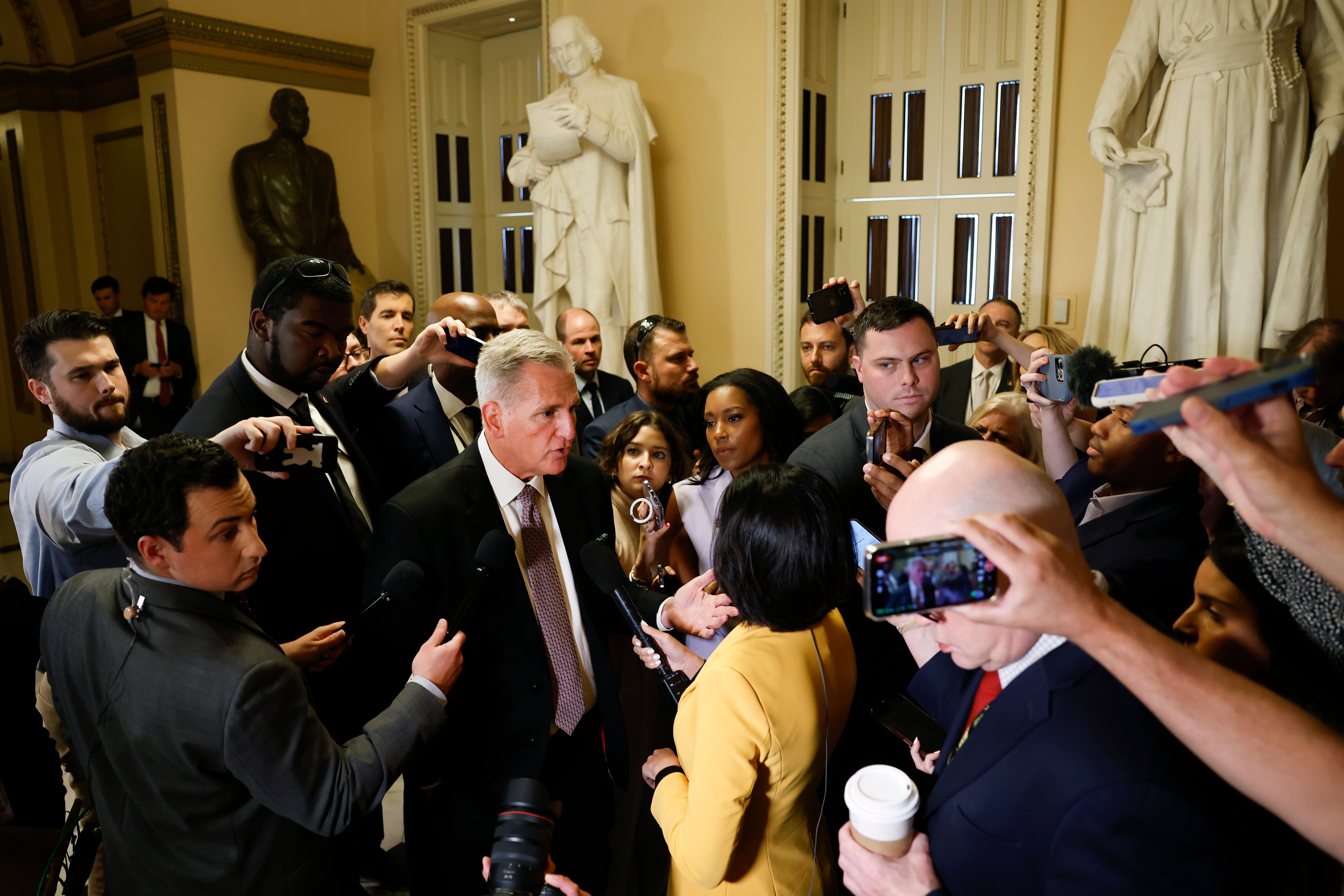Lawmakers are prepping plans to guarantee paychecks for troops and in case of a government shutdown next month, arguing that jeopardizing military family finances could hurt national security.
If successful, the moves would blunt some of the potential impact of shuttering of federal services by ensuring that servicemembers’ pay — including members of the Coast Guard — would continue uninterrupted. But Congress has only a week to adopt the legislation in order to head off any military paycheck problems.
If lawmakers do not reach a short-term budget extension or full-year appropriations plan for government agencies by Oct. 1, the resulting budget lapse will trigger a partial government shutdown, furloughing thousands of federal workers and shutting down non-essential military activities like family moves and some training operations.
Troops would still be required to report for duty but could miss their scheduled mid-October paychecks if the shutdown stretches from days into weeks. In 2013, just hours before the start of a 16-day government shutdown triggered by political fights on Capitol Hill, lawmakers overwhelmingly passed special legislation to prevent that salary stoppage for troops.
RELATED

Late Thursday, Rep. Jennifer Kiggans, R-Va., introduced the Pay Our Troops Act, which mirrors those military pay protections from past government shutdown threats. Unlike previous legislation, however, her bill also includes the Coast Guard, which is funded through the Department of Homeland Security and has not received the same pay guarantees as the other service in the past.
“This should not be a partisan issue,” said Kiggans, a Navy veteran. “I would hope that all Democrats and Republicans should want to pay our military. The goal is to not shut down the government, but God forbid something like that happens, we need to have a backup plan. "
Earlier on Thursday, Sen. Dan Sullivan, R-Alaska and a Marine Corps veteran, unsuccessfully pushed on the Senate floor for lawmakers to fast-track his proposal to guarantee Coast Guard pay in case of a shutdown. He has also introduced legislation protecting all military pay, similar to Kiggans’ measure.
Outside advocates say the move is needed to reassure military families that their service and sacrifice is not being overlooked.
“It is unacceptable to allow those who have devoted their lives to this country to bear the brunt of political disagreements,” members of the Sea Service Family Foundation, U.S. Coast Guard Warrant Officers Association and Coast Guard Enlisted Association wrote in a letter backing Sullivan’s bill. “Our military personnel should never be used as pawns in legislative battles.”
Kathy Roth-Douquet, founder and CEO of Blue Star Families, said that missing even a single paycheck could be potentially devastating for military families.
“We know that one in three service families have less than $3,000 in savings — not enough to cover the cost of housing and daycare in most places,” she said in a statement. “Putting our families at financial risk puts our national security at risk, and we simply can’t allow that to happen.”
Efforts to pass budget bills have been stalled in recent weeks over disagreements related to total federal spending. Kiggans said she is frustrated by “the silly political games” behind the stalemate, but said she is confident that lawmakers will rally behind protecting military pay if a shutdown appears inevitable.
No timetable has been set for possible votes on either the House or Senate proposals, but lawmakers in both chambers have been warned that negotiations and debate on a host of measures will dominate congressional work next week.
Leo covers Congress, Veterans Affairs and the White House for Military Times. He has covered Washington, D.C. since 2004, focusing on military personnel and veterans policies. His work has earned numerous honors, including a 2009 Polk award, a 2010 National Headliner Award, the IAVA Leadership in Journalism award and the VFW News Media award.





